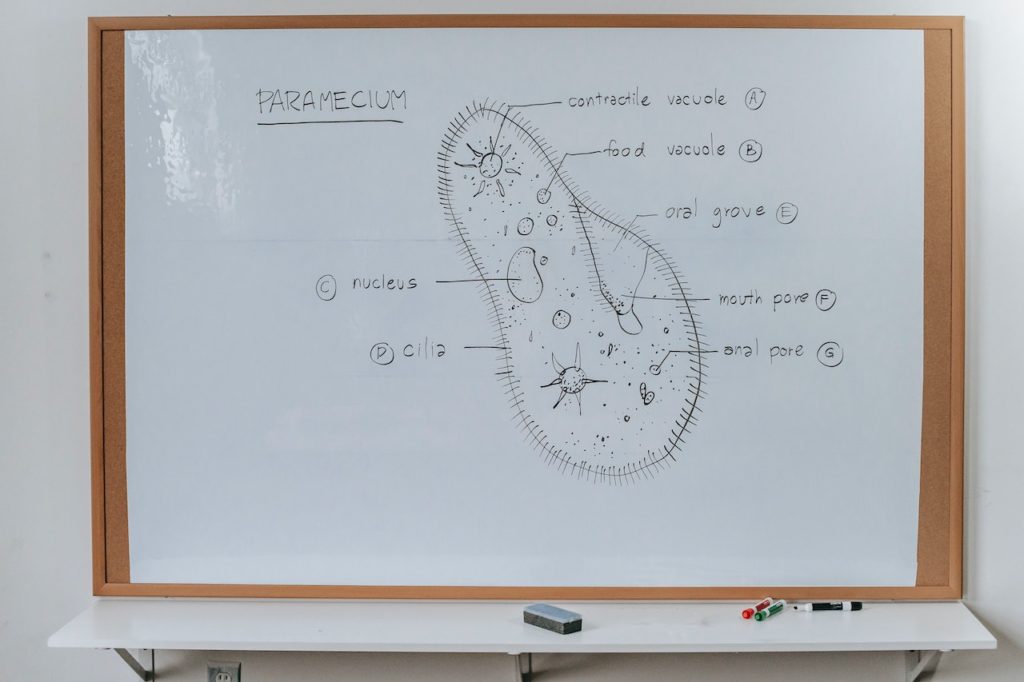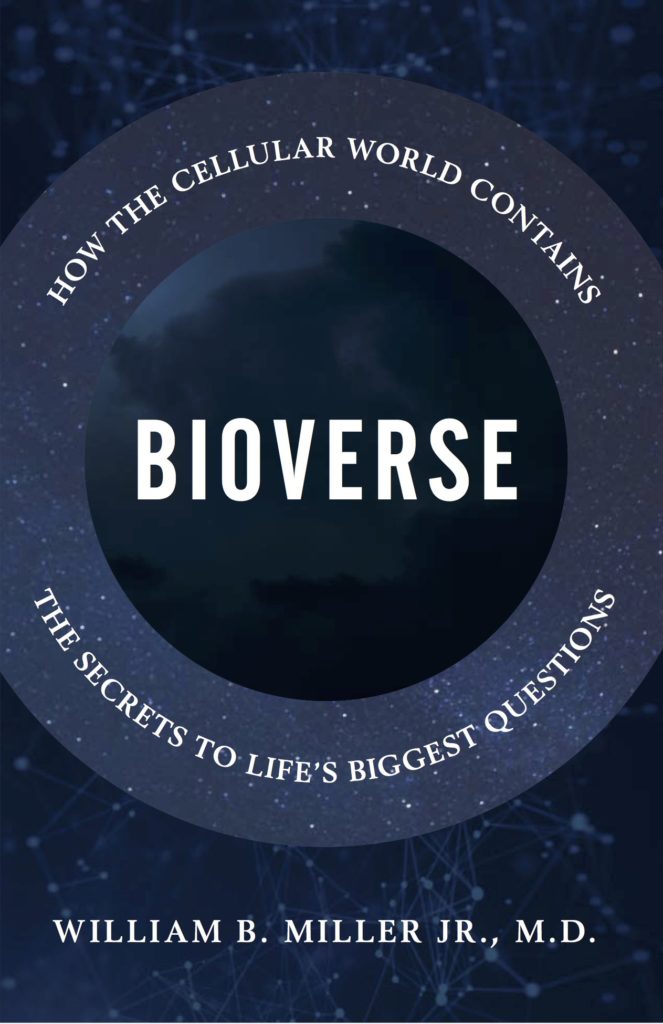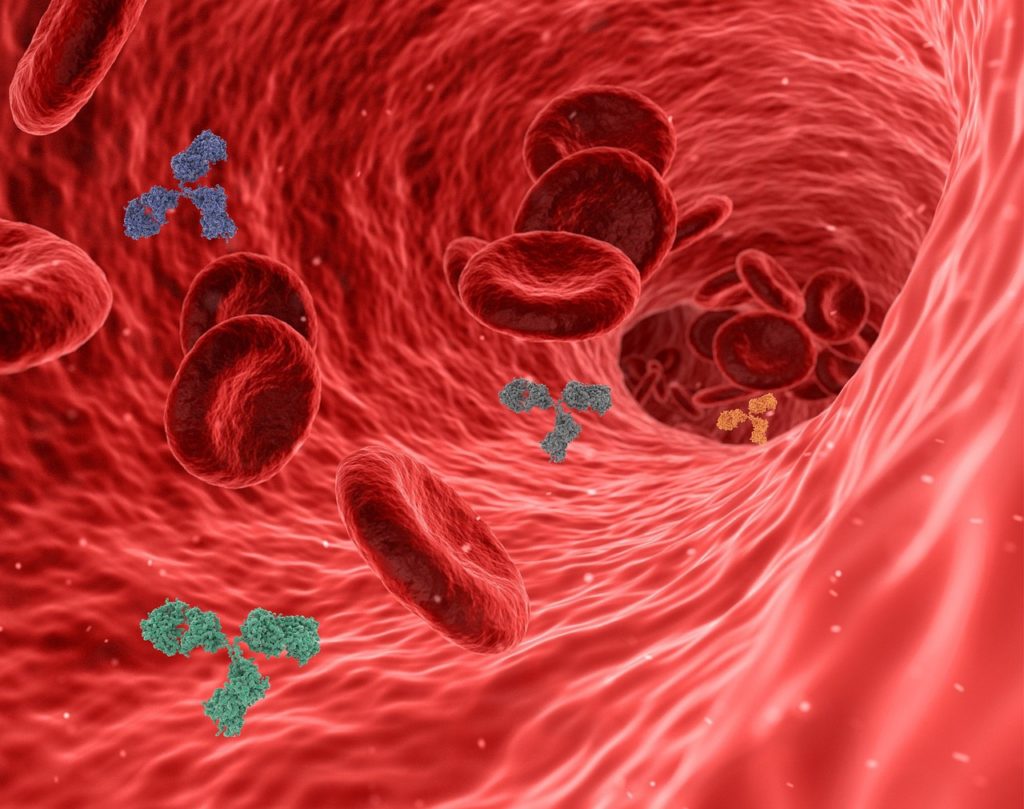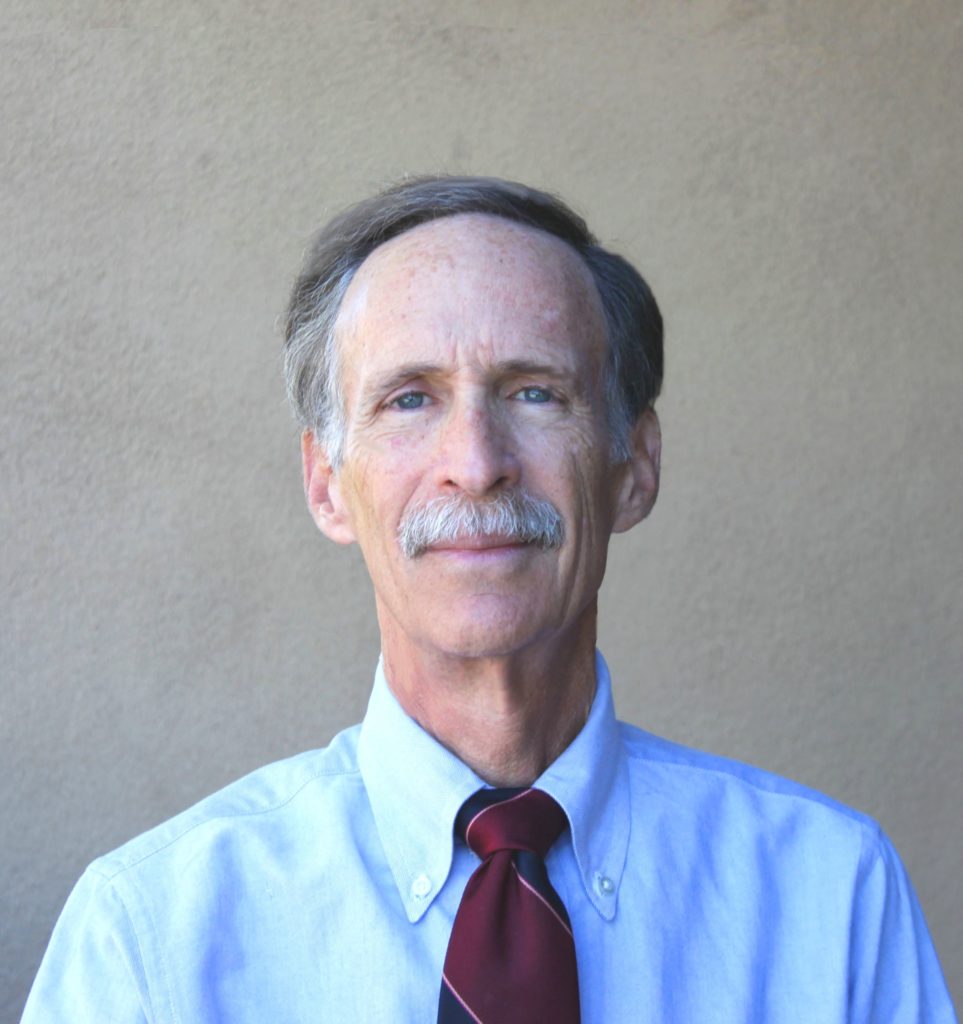In the empty silence in our beds, we all feel alone. But within that hiss of air behind your ears, there are processes going on within every cell (and atom) in your body that connect you to every other living thing from the tip of your nose to the ends of the universe. Every mystery and fear that has ever kept you awake at night is shared by every consciousness that is and has ever been, and subsequently, the answers we seek are not hidden in a galaxy far far away, but rather within ourselves, waiting for the right tools to see.
There is an exhaustive list of questions that remain unanswered. This is unfortunate considering that as a human race, we are taught to battle everything we lack understanding of. The battle against age, religion, disease, and those with opposing viewpoints. However, one thing that we do know is that everything that has found success in the universe has evolved from the understanding that success (and survival) comes from cooperation.
Think about what brings about success to societies and your own life each and every day. We’re not talking about a fat paycheck or a hefty social media following, but rather surviving as a disease-free and healthy human. In order for that to happen your body has to rely on every cell to be awake, aware, adaptive, and in cooperation with every other system. When these rules of cooperation are broken, the body is served with chaos and destruction (a.k.a. cancer).
When we look at life from a biological wide-angle lens, we see that this system of cellular cooperation extends to every grain of sand, tree, mountain, ant, and human being on this planet. In addition, every sluff of your skin or strand of your hair leaves behind a portion of yourself that is then folded within the universe. If you look at your life from a cellular level, something very interesting begins to take shape – some might even call it an understanding.
Yes, we have quite an exhaustive list of questions that have yet to be answered. Dr. Bill Miller would tell you that this is because we have only recently discovered where to look. Dr. Miller is an evolutionary biologist, medical doctor, and author of the book, Bioverse: How the cellular world contains the secrets of Life’s Biggest Questions.
We had some pretty big questions for Dr. Miller, and he was only happy to expand on how the world’s biggest mysteries could be explained from the viewpoint of the tiniest and most humble origins of life. Today we find out what makes you, ‘you’ and how your footprint will be forever cast into the universe long after you’re gone.
Urbasm: What role do our cells play in the development of common health issues?
Dr. Bill Miller: The relationship between the status of our cells and our health is inseparable since we are cellular beings. Your body cells actively communicate and reciprocate with an enormous microbiome. They are not your foes. Instead, they are your intimate partners in health and disease. Their contributions support our metabolism, physiology, and immune systems. They even influence our moods and behaviors. Until very recently, we did not have the tools to understand the depth of this reciprocating cellular relationship. Now that we do, we realize that our health is a consistent balance between our body cells and our essential companion microbiome. Together, both fractions maintain your health and well-being.
Urbasm: How long might it be until we can successfully cooperate with our intelligent cells?
Dr. Bill Miller: Fortunately, there is terrific news. We are learning new skills about how to constructively partner with our vital microbial fraction to substantially improve our lives and allow us to live longer and healthier. Discovering more about this intimate relationship between our body cells and our microbiome will lead to new methods for successfully treating chronic diseases like diabetes and better tools for conquering cancer. In addition, innovative types of sensors will monitor our health on a continuous basis and help prevent the development of diseases. None of our ancestors could have imagined these privileges.
Urbasm: There are many camps that claim their diet will improve health. What do our cells point toward as the ideal diet?
Dr. Bill Miller: Humans like ourselves have evolved over the course of two to three hundred thousand years since we, as a species, separated from other primates. The ideal diet is the one that most closely matches our evolutionary history. It’s important to note that during all that time, our microbiome has been evolving along with us.

The reason is that our body cells and microbiome need to partner with each other to successfully sustain our metabolism and physiology and protect us from disease. Unfortunately, our modern diet has very substantially strayed from our evolutionary roots. We have switched from a diet high in fiber and plant sources to another with large amounts of sugar, salt, and refined foods. So, the best diet is one that boosts all types of fiber intake, especially prebiotic fibers like whole grains. We also need to do a better job of cutting down on sugar and salt intake and the proportion of refined foods in our diet.
Many scientists believe that we are missing vital microbial companions. We now live in industrial communities and spend most of our time indoors. We certainly are no longer hunter-gatherers as we were for nearly our entire evolutionary history. Consuming more probiotic foods such as natural yogurts helps replace some of those ‘missing’ microbes. So does taking a well-designed probiotic supplement.
Every one of us is a highly distinct individual. Consequentially, there is no single diet that is best for all. Each of us needs to experiment and see what suits us best. However, the basic composition of the Mediterranean diet can be the centerpiece of a healthy diet.
Urbasm: How do our cells suggest that life came into existence?
Dr. Bill Miller: We don’t know how life began. In Bioverse, I briefly detail many chemical scenarios that might have galvanized life. However, although the origin of life remains an enigma, we do know something of supreme importance that we didn’t realize until just a few years ago. Life began with cognition. Life started when a primitive cell achieved the faculty to actively discriminate environmental cues and act productively based on that information. What caused that elusive transition remains unknown. However, we know it happened at least 3.7 billion years ago and perhaps as long as 4.2 billion years ago. Further, we also know that it began in the form of a cell. All biology stems from that vital moment.
Urbasm: What is the purpose of life, according to our cells?
Dr. Bill Miller: Every cell is intelligent at its scale. Each cell also has a sense of its own identity. Of course, those sensibilities are not like our own. We have further intellectual privileges. However, that intelligence is great enough to permit our cells to make environmental measurements, communicate abundantly, and collaborate with trillions of other cells to make all the biological structures that we see.
To accomplish these cellular goals, cells exhibit a set of rules that have governed life on this planet for approximately four billion years. Those cellular rules are willing collaboration, cooperation, co-dependence, freely trading resources, and competition which is typical to mutual advantage. Furthermore, cells do all these things to protect every cell’s integrity.
Cancer doesn’t play by the rules, which is why it is so destructive. So, we humans would do well to abide by cellular rules. Significantly, cells have learned one other imperative living principle. Each cell works diligently within a collaborative ecology because they understand that they serve itself best by serving others. That is life’s purpose. We exist to serve and be served. That is how we properly participate in the miracle of life.
Urbasm: You have suggested that the popular term, “survival of the fittest,” is incorrect. Why is that?
Dr. Bill Miller: The term ‘survival of the fittest’ is a convenient shortcut toward understanding Darwinian evolution. The phrase become popular since it was catchy and implied that natural selection controls evolution by pitting organisms against one another. This narrative was very pleasing to the Victorian men of the late 19th century since it fits their biases of cultural and intellectual superiority over others and justified their colonial dominion. They believed that they ruled through a form of natural order.
Many Victorians also characterized evolution through another expression, “Nature red in tooth and claw”, borrowed from a poem by Tennyson written ten years before Darwin’s seminal ‘Origin of Species’. For them, our planet is a battleground of vicious competition in which the superior dominate. Evolution was the same process. The idea was seductive but is biologically incorrect. Biological competition is certainly real but subordinate to an overarching framework of collaboration, cooperation, co-dependence, and the willing trading of resources among organisms at all scales.

We now understand that biological systems are based on symbiosis; different organisms in any particular ecology interact typically for the advantage of both. Consequently, biology can be more accurately characterized as ‘survival of the fit enough to survive,” in which fitness is framed within terms of environmental flexibility, resilience, and symbiotic partnering. In this context, there are many win-win’s, not just survival of the strongest.
Urbasm: You have said that every single person impacts the universe in a special and unique way. How does that work?
Dr. Bill Miller: Each cell is intelligent and has its individual self-identity. You are a collection of trillions of these cells. Together, in their vast numbers, they make you ‘you’. At the same time, that ‘you’ that you are is offering your combined imprint on each of them. All through life, we are shedding billions of cells a day. Every one of these intelligent cells has been subtly changed by being part of you, even all of your companion microbes. Everything about you is in those connections.
Those cells you are shedding become part of every environment you are in and part of all the other connections that extend across the planet. In this way, you leave a personal signature of yourself everywhere you go. That’s why bloodhounds can track people. They can smell those cells. That unique signature assures that you are not ‘here today and gone tomorrow’. You are creating a permanent planetary signature all during your life.
Our biological processes involve the use of energies of various types. For example, our vision, hearing, and sense of smell are partially driven by quantum processes which include a phenomenon called entanglement. Recent research also suggests that our brain uses quantum processes. One of the implications of these quantum processes is that you have universal connections. In effect, atoms in one place in the universe have connections all across the universe simultaneously.
One of the principles of quantum entanglement is that if entanglement can be proved in a known system, then the same phenomenon occurs in other systems that can’t be readily tested, such as across the entire universe. Admittedly, this is a challenging, unfamiliar concept. But as Bioverse explains in more detail, one of the implications of your quantum senses is that you are part of these intelligent universal connections.
Urbasm: Why does the human race continuously fail to get along?
Dr. Bill Miller: Each cell is an individual and intelligent. Intelligent reactions to changing conditions require cells to receive, analyze and communicate information to survive. We depend on our senses to interpret environmental cues. However, for that information to get inside a cell, it has to travel distances, go through many types of intervening spaces, and, most importantly, cross the outer membrane that protects all cells. Consequently, every bit of information we get from the outside of the cell must get to the inside. In that process, the quality of that information necessarily degrades.
There are two implications of this reality. First, all the information that we have is uncertain. It’s filled with noise from that transit from the outside to the inside of any cell. However, until that information gets inside, it doesn’t exist for that cell. And further, there is no such thing as pure information about the outside. All information must get inside a cell and must be processed inside. What does this mean? It may disturb you to learn it. We create our own interpretation of reality.
Why don’t we get along? Because we don’t agree on reality since there is no objective way of knowing it. We will always disagree about issues of all kinds because we don’t receive or analyze the same information. We interpret it. That difference can be maddening, but it’s inescapable.
Urbasm: What could the future hold if we continue towards the path of genetic engineering?
Dr. Bill Miller: Many geneticists and other scientists are considering the complex issue of genetic engineering. Honoring that every one of our cells is alive and intelligent carries ethical issues. In carrying out these actions, we are tinkering with billions of years of evolution. Going very slowly and deliberately is frustrating but is required when we are still ill-equipped to understand the full ramifications of our actions.
Urbasm: What about space travel?
Dr. Bill Miller: Our ventures into space are singular examples of needing to fully understand unanticipated consequences. NASA has tried to prevent sending microbes into space with our space launches. In the 1960s and 1970s, they thought they were effectively accomplishing that. It has turned out that the tools that NASA deployed to assess that they had ‘sterilized’ the space vehicles were wildly inaccurate. It was not a deliberate error. It was simply a result of the technical limitations at that time. Now we understand that spacecraft cannot be sterilized. We have been sending large numbers of microbes into space for decades.

Now Voyager 1 and 2 are exiting beyond our solar system along with microbial traveling companions. Although humans are very ill-suited for space travel because we are so fragile, many types of microbes are not. These types of exceptionally hardy microbes are termed ‘extremophiles’, meaning that they can survive dehydration, huge extremes of temperature, and massive amounts of space radiation. Some of these extremophiles can enter dormant states that could be sustained for thousands of years. Consequently, we have unwittingly sent life off the planet, with the possibility that these microbes could become invasive species.
Urbasm: We may live in the ‘modern age,’ but why is it that humans have yet to regularly live to 100 years of age?
Dr. Bill Miller: Everyone reading this is aware of many worrying trends. However, there is good news. Our future is uncommonly bright. In my new book, Bioverse, I explain that we have just entered a remarkably empowering Era of the Cell. We are at the cusp of an explosion in productive research, and the fruits of that research will dramatically change our lives. This research stems from two remarkable shifts in our understanding of biology.
First, our fundamental understanding of what we are like as organisms categorically transformed from two decades ago. We now understand that we are not the singular being we see with our eyes. We are actually a vast assembly of trillions of cells. All of them participate in our well-being. Furthermore, these cells are not only our body cells but also include tens of trillions of partnering microbes, termed our microbiome. These bacteria, fungi, and viruses are not just hangers-on. They are our intimate companions and partners, contributing critically important metabolites that sustain our health and well-being.
Astoundingly, each of these cellular microbes is individually intelligent. Their intelligence and their problem-solving abilities make them our collaborative partners. We cannot survive without them, and they cannot live as they like without us. The good news is that we are unraveling the pathways that will permit us to leverage this cellular intelligence for our benefit. Over the next several decades, the result will be a dramatic surge in lifespans and well-being.
Urbasm: What are the three simple rules that could result in a healthier, longer life for anyone?
Dr. Bill Miller: One, Follow a dietary plan that better matches your evolutionary history. For example, concentrate on increasing sources of prebiotic plant fibers, consume more probiotic foods, consider a prebiotic/probiotic supplement, and watch your weight. Doing these things will help stabilize your gut microbiome and strengthen your metabolism and immune systems.
Two, be a better partner to your cells. You can help yourself by remembering that you are part of an enormous cellular partnership. You can help sustain these living companions by supporting their natural rhythms. Each of your body cells and microbial partners has its own biological clock that links to its finely tuned metabolism and natural biological rhythms. Sticking to a regular restful sleep schedule and getting moderate daily exercise to assist your cell’s metabolism and boost your immune resilience.
Three, your cells teach you a vital life lesson. You serve yourself best by serving others. This is the keystone of loving relationships. Adopt that rule, and your sense of well-being and happiness will increase. Most importantly, these actions moderate stress levels. It would be best if you experimented to find out what other actions on your part could help decrease stress. Scientific studies prove that lowered stress directly translates to longer lives.
Thank you, Dr. Miller. For more insight and answers to your biggest questions about the mysteries of life, pick up a copy of his book, Bioverse. It is an eye-opening, enjoyable, and worthy read.
About Dr. Eric J. Leech
Eric has written for over a decade. Then one day he created Urbasm.com, a site for every guy.




